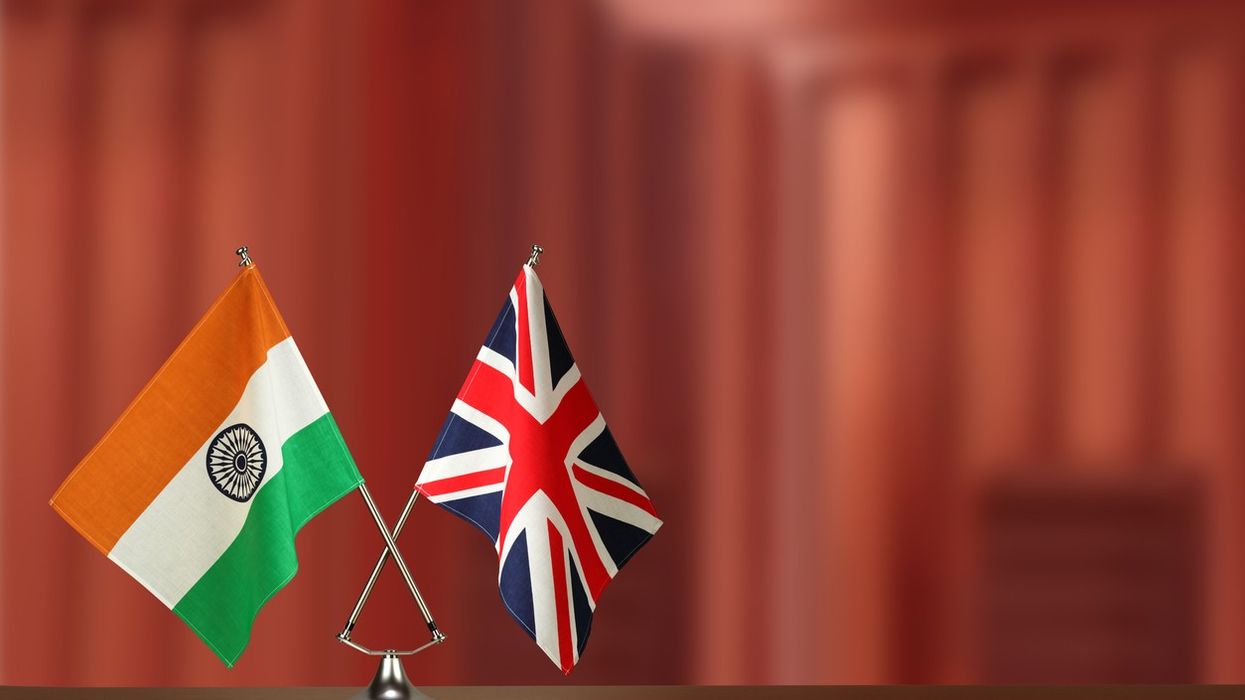THE high commission of India in London has condemned false assertions in a 'distinctly one-sided discussion' among a group of British parliamentarians on Monday (8) on the issue of peaceful protests and press freedoms in India.
The high commission pointed out that foreign media, including British media, had been present and witnessed the events surrounding the farmers' protests in India first-hand and therefore any 'question of lack of freedom of the media in India does not arise'.
"We deeply regret that rather than a balanced debate, false assertions – without substantiation or facts – were made, casting aspersions on the largest functioning democracy in the world and its institutions,” said a statement issued by the high commission.
"When aspersions are cast on India by anyone, irrespective of their claims of friendship and love for India or domestic political compulsions, there is a need to set the record straight."
Several Labour, Liberal Democrat and Scottish National Party MPs on Monday expressed concern over the safety of protesters and the status of press freedom in India.
The debate, held in a hybrid form with some MPs participating via videolink in a room at Portcullis House in London, related to the e-petition entitled 'Urge the Indian government to ensure safety of protesters & press freedom'.
A petition started by Liberal Democrat councillor, Gurch Singh, and signed by over 100,000 people, has forced the government to stop hiding on this important issue.
Farmers, mostly from Punjab, Haryana and western Uttar Pradesh, have been camping at several Delhi border points since November 28, demanding a complete repeal of the three farm laws and a legal guarantee on the minimum support price for their crops.
While responding to the debate, Nigel Adams, foreign, commonwealth and development office minister said the close UK-India relationship did not hinder the UK in any way from raising 'difficult issues' with India, even as he reiterated the government line that agricultural reforms are a 'domestic matter' for India.
“This is a time of great ambition for the UK's relationship with India. Both governments are working to advance shared priorities across trade and investment, health, sustainability and climate change and defence and security,” said Adams.
“We are also working with India as a force for good in the UN Security Council and as one of the prime minister's guest countries at the G7 summit in June. This cooperation will help us fix global problems and it will strengthen prosperity and wellbeing in India and the UK."
He added that 'candid discussions' on a range of issues will form part of Boris Johnson's planned visit to India in the coming months.
Adams expressed hope that the ongoing dialogue between the Indian government and farmers' unions will have positive results.
“Both sides need to step back and recognise the need to come to an agreement… I hope the government will commit to helping that cause and offer British skills in a negotiation and compromise to help both sides to bring this issue to a close,” said Labour MP Virendra Sharma.
From the ruling Conservative Party backbenches, Theresa Villiers pointed out that the new agricultural laws in India had been postponed to allow for greater 'consultation and discussion'.
The Indian government has denied allegations that it was trying to put an end to the minimum support price (MSP) and the mandi system. Several rounds of talks between the government and farmer unions have not been able to resolve the deadlock.





